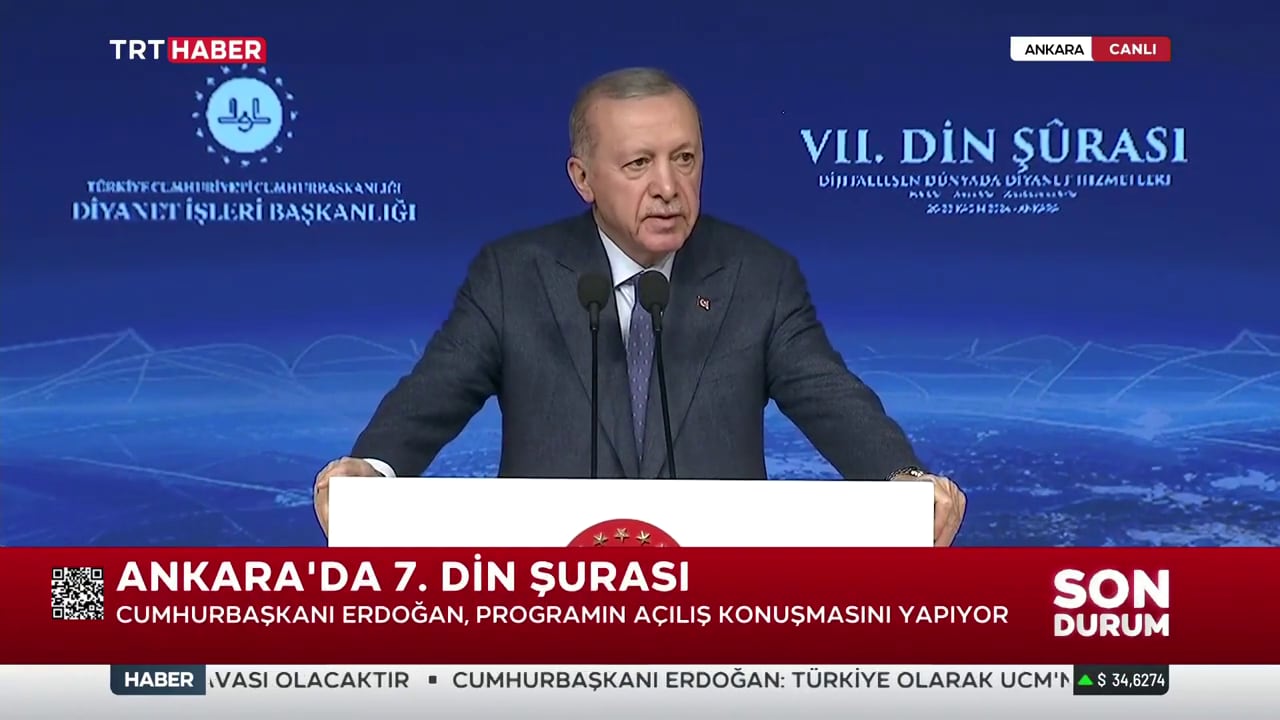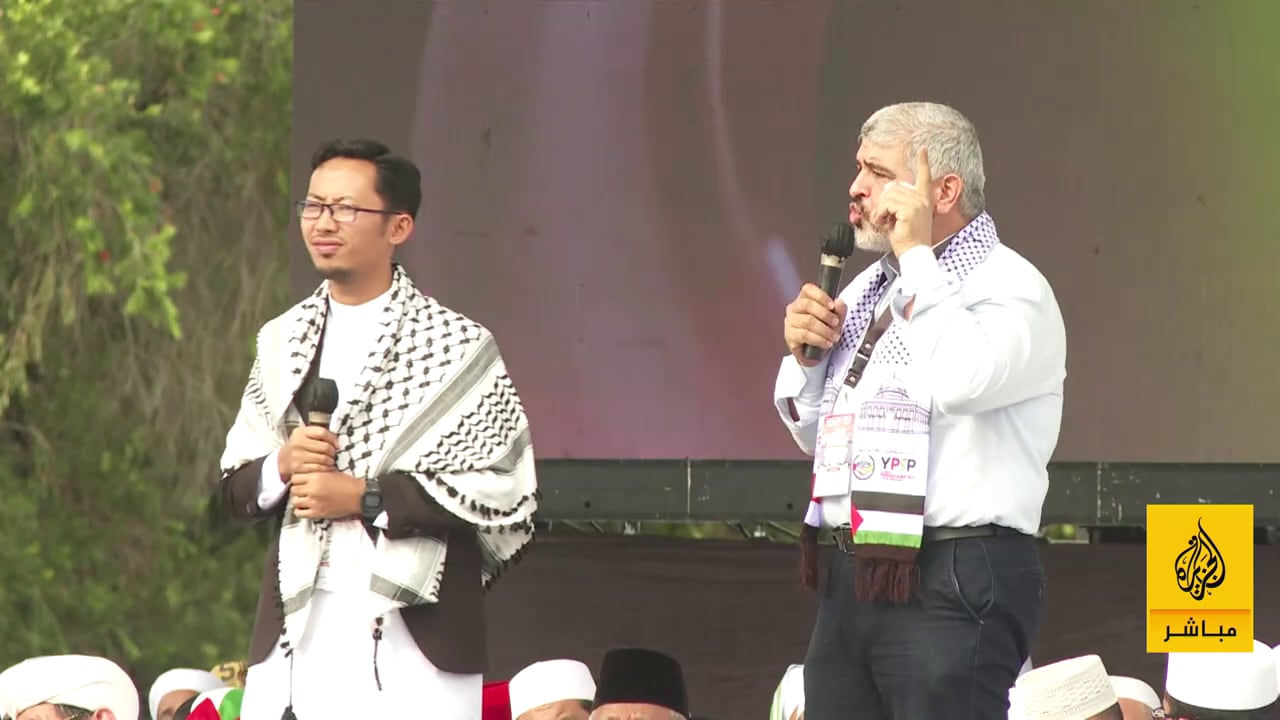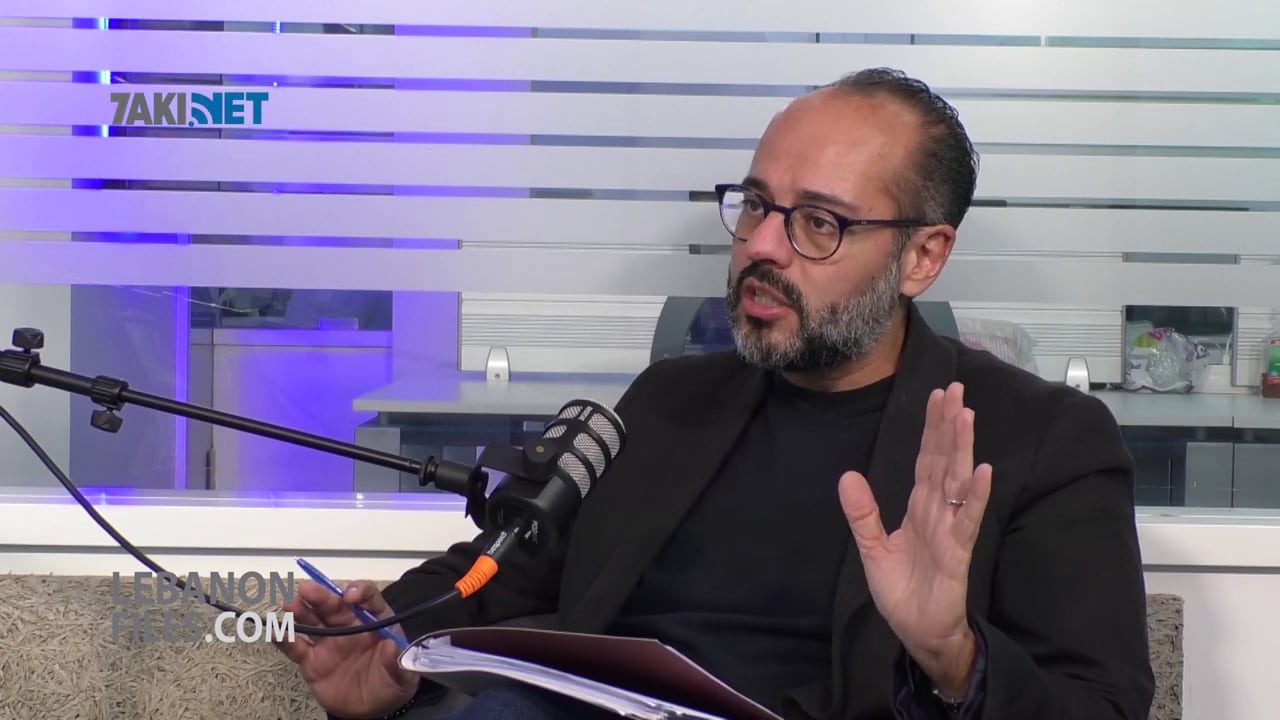
On January 1, 2020, Al-Jazeera Network (Qatar) aired a report about how the United States perceived the recent riots in front of the U.S. Embassy in Baghdad. The narrator explained that President Trump’s decision to send 4,000 additional troops to Iraq, including hundreds of U.S. Marines, is evidence that the Trump administration viewed the riots as a security-related issue that constitutes an increased threat to American personnel, facilities, and interests in Iraq. He also said that Trump’s decision contradicts his previous promises of ending U.S. involvement in “useless” wars, as Trump himself has put it. The narrator questioned if the risk to U.S. interests stems from the lack of American troops on the ground or if it is a result of American policies, and he added: “It seems that the Americans have difficulty in understanding the driving force behind the Iraqis’ anger.”
Reporter: How did Washington perceive what happened in Baghdad? The Trump administration approaches the matter as a security-related issue. Its decision to send more troops to the Middle East may attest to this. The talk is about roughly 4,000 soldiers – including a brigade consisting of hundreds of Marines – who will be deployed immediately, according to the Pentagon. According to the U.S. Defense Secretary, this is a cautionary measure in reaction to what he considers an increase in the level of threats against American personnel and facilities. Thus, the steps that were prompted by the recent events in Iraq were termed by Washington as “defending [American] interests in the region.” Those who oppose President Trump’s policies may be right in that he is breaking his election promises of putting an end to his country’s involvement in foreign wars that he described as “useless.” Instead of bringing home the troops deployed abroad, he surprised Americans celebrating the New Year by sending more of their sons to far and tense regions abroad like Iraq, from where the Americans have already withdrawn and left behind no more than 5,000 troops. This is a place where the political instability does not allow for additional tension. According to observers, the decision to deploy additional troops now poses another problem – one that has to do with American interests and the most appropriate ways to protect them. Does the damage to these interests – against the background of the events at the embassy – stem from the lack of American troops on the ground, or is it the result of American policies? It seems that the Americans have difficulty understanding the driving force behind the Iraqis’ anger, which manifested itself in front of their embassy in Baghdad. It is as if they do not take into consideration the situation in one of their most important allies in the region.

















